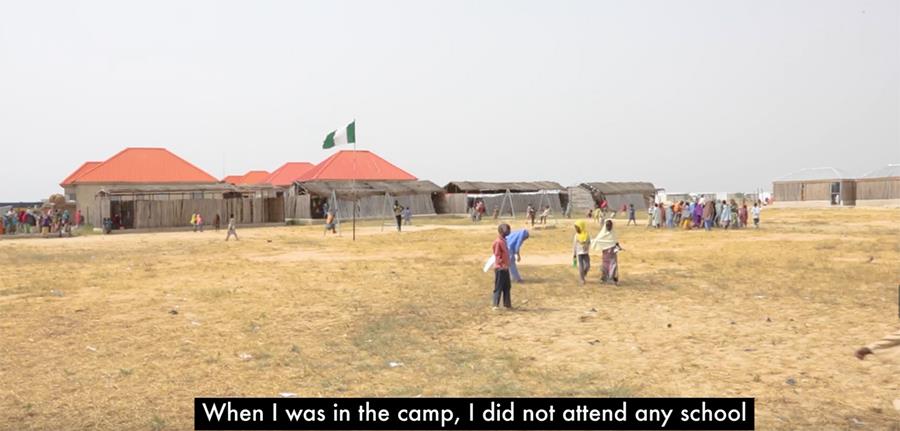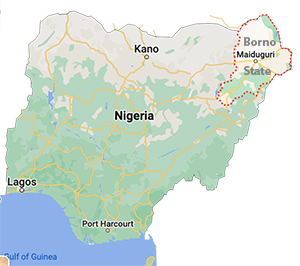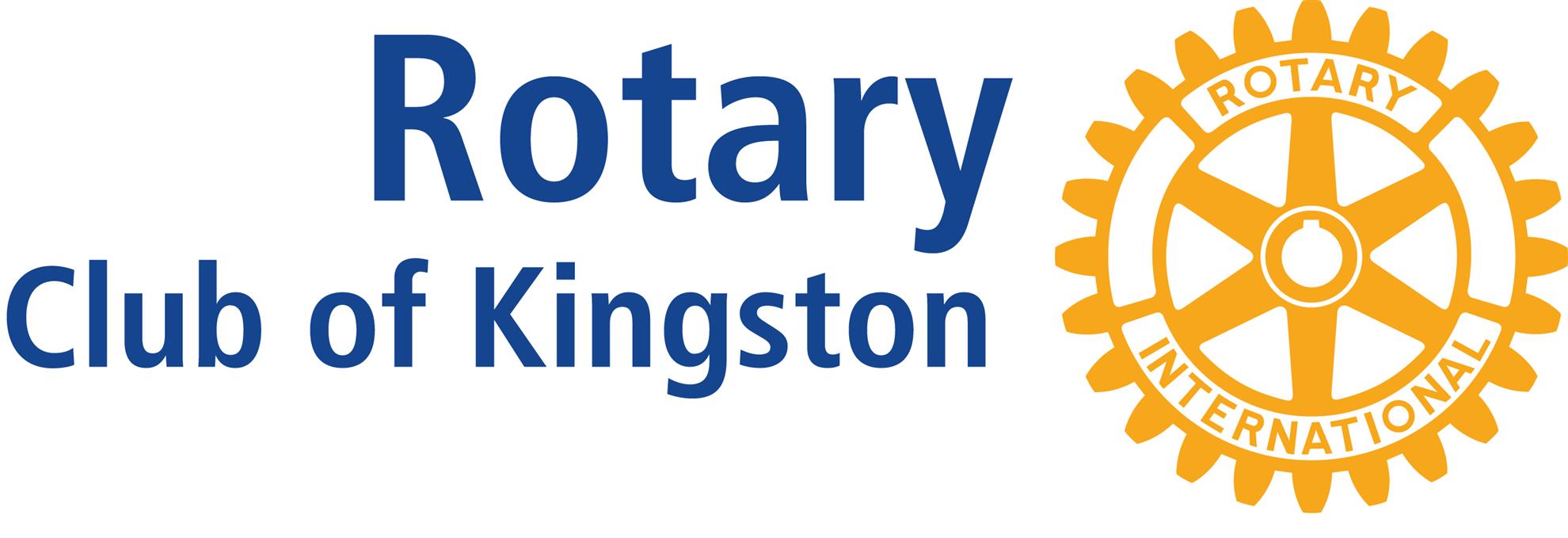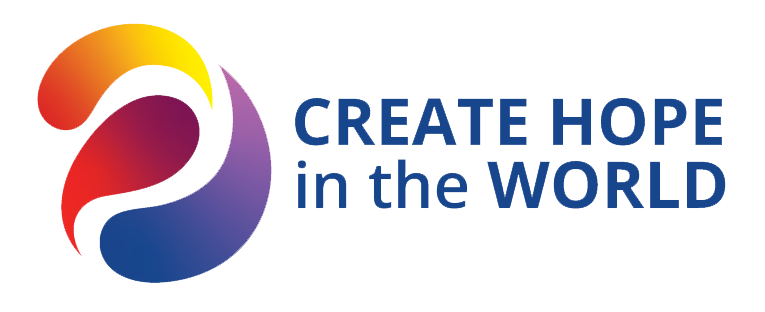
Dr. Mariam Masha began by sharing a video of the horrors of the Boko Haram, the people who fled, and the difficulties they face in the refugee camps., focusing on the story of Rabi, one of thousands of children whose future was gloomy because their communities were under attack. Thanks to North East Children's Trust (NECT) building a learning centre, Rabi learned to write and to use a computer.
 In Nigeria, education is underfunded and under threat from Boko Haram violence, who seek to systematically delegitimize education. Children bear the brunt of the conflict, including mass abductions of school children, especially girls.
In Nigeria, education is underfunded and under threat from Boko Haram violence, who seek to systematically delegitimize education. Children bear the brunt of the conflict, including mass abductions of school children, especially girls.As communities are being uprooted, things, taken for granted begin to get disrupted. Development cannot be sustained; education and livelihoods are continually being disrupted.
There are 2.8 million children in need of emergency education. 75% of children could not attend school. Even the 70% who have finished grade 6 cannot read.
The conflict has created 52,000 orphans in the capital city alone. Education in Nigeria was already poor before the conflict.
Combined with Boko Haram and COVID, the situation is gloomy, and they can't retain teachers. However, sometimes when you have complex crisis you get an opportunity to be creative in finding a solution.
North East Children's Trust is a private sector led, government enabled initiative set up to create an ecosystem for homeless children made vulnerable by the conflict in the North East of Nigeria. It's not just about rebuilding schools and education, but also strives to ensure children are managing the trauma cycle, provided social supports, and are mentally ready with a community ready to embrace learning again behind violence and political instability.
In 2016 the NECT began with the idea of creating a fancy school, but were humbled by what they saw. At that point they stepped back and spent the next 6 months just being in the environment. The asked questions, learned about the local economy and engaged with the survivors.
They spent 3-4 months working with the children, learning what education meant to them, in order to make the program student centred. They wanted to deliver a curriculum in a way that everyone could get something out of it.
 They started with what was safe and familiar. The would drawing from the children’s experience, such as using religious faith to learn Qur'an or Bible study. They also had the children dress up in uniform, experience having a book in their hand to get them comfortable, and then slowly complement that with formal education.
They started with what was safe and familiar. The would drawing from the children’s experience, such as using religious faith to learn Qur'an or Bible study. They also had the children dress up in uniform, experience having a book in their hand to get them comfortable, and then slowly complement that with formal education.The Learning Center started with 100 orphaned children. Eight-hundred and sixty have gone through the program. About half of these have gone on to secondary school, and 10 are now in university. The Learning Centre employs 132 full time staff located in the city of Maiduguri, which is the capital city of Borno State within Nigeria.
Their next step is to look critically at what they've done, to learn what impacts they've made and if this is a model that can be replicated elsewhere. They're also using the power of film to tell social impact stories, conducting interviews as well as making a documentary titled Fanndé that has global appeal.
If you like this story please click on the like button below and use the social media buttons to share on your personal social media channels.

